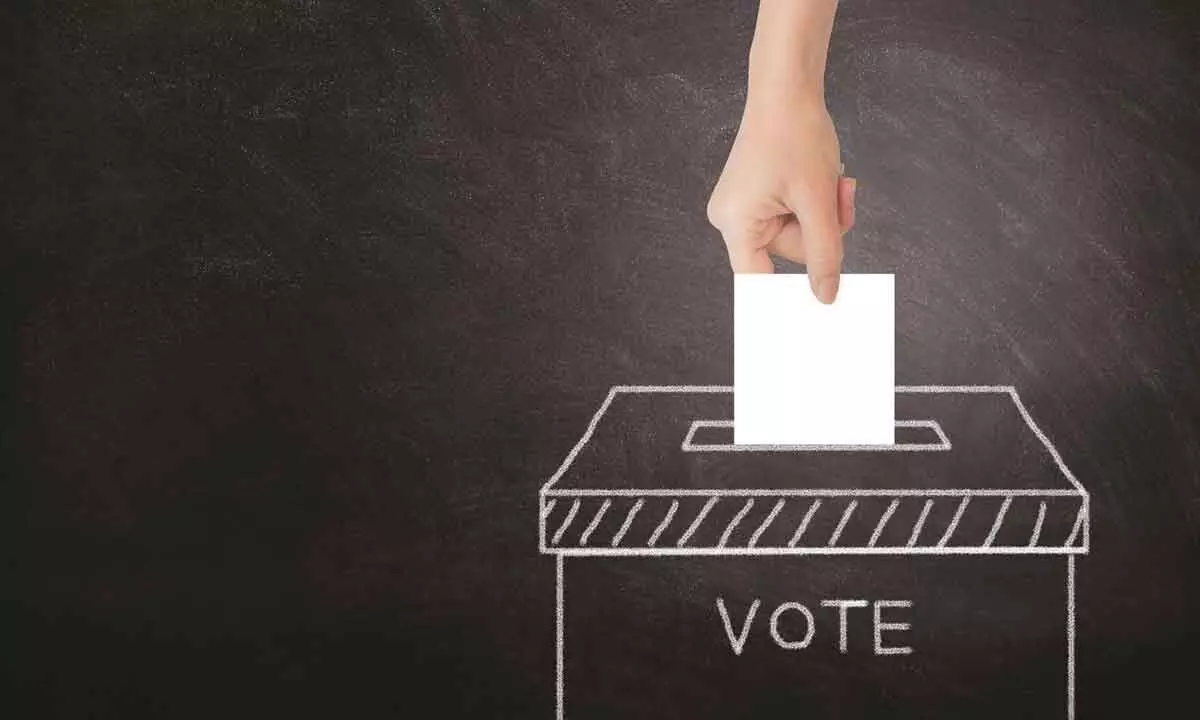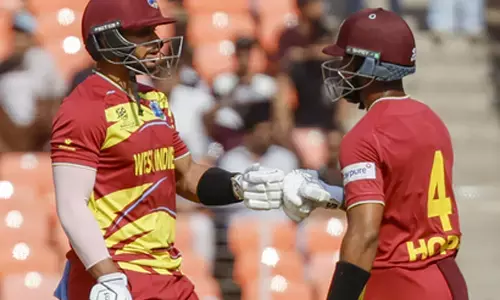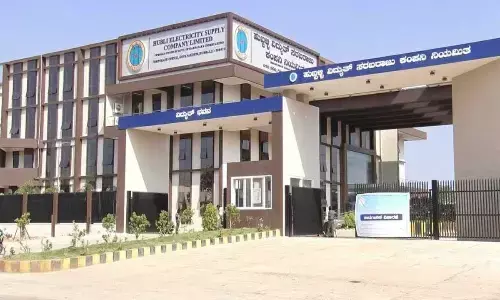Shun sowing divisions for votes

Representational image
India has entered the 76th year of Independence.
India has entered the 76th year of Independence. Politicians vied with one another in organising mass singing of National Anthem. Cultural programmes were held and there ends the matter. There is no sign of dawn of a new era. The politicians are back at their old game – Use all possible tricks to be in power. No one remembers the words of Kabir who said, "Jaati na poocho sadhu ki, pooch leejiye gyan." (Do not judge a saint by his caste, imbibe his knowledge).
The latest example of the naked fact that our politicians refuse to give up exploiting the caste factor has been displayed by Bihar Chief Minister Nitish Kumar. He has used the MY (Muslim Yadav) formula which was followed by the former Chief Minister Lalu Prasad Yadav to retain his position as Chief Minister.
All these 75 years, the most asked question in any election in India is about the candidate's caste. Political strategists come up with strategies based on caste equations in each constituency; analysts reel out figures explaining how and which caste is dominant and how it will impact the prospects of each party; the media also highlights the caste-related issues and heated debates take place over TV channels. This weird practice is not found in any other democracy.
Sometime back, a newspaper published a report based on study conducted by Azim Premji University and Lokniti (Centre for the Study of Developing Societies) on Politics and Society Between Elections covering eight states –Andhra Pradesh, Bihar, Madhya Pradesh, Maharashtra, Rajasthan, Jharkhand, Chhattisgarh and Telangana. According to the study, 55% of Indians would prefer a political leader from their own caste and religion.
We keep hearing speeches by leaders on need to uplift a certain caste and try to outdo others in winning over their respective caste voters. Interestingly, every party claims it is working for uplift of those castes that can get them votes in each constituency. If that was the case, about 6.7% of the people would still not have been below the poverty line. People take pride in saying they voted for candidates from their community. No one thinks on the lines of who is most capable to deliver goods. The man who got elected with his caste/community backing does not actually have enough powers to do much for the caste or community because the party leadership does not give him freedom to anyone.
Unless politicians stop such fissiparous tendencies and stop giving overriding importance to caste, creed, communal and regional factors, the country cannot progress at the pace which it needs to. There is no point in CMs pointing finger at the Prime Minister or the ruling party at Centre blaming the states as no one is free from the malice called caste and community-based politics.
Supreme Court of India in one of its verdicts forbade candidates, amidst other political agents, from soliciting votes or asking electors to vote (or not) for any candidate on the grounds of 'his' religion, caste, race, community or language. But the ground-level situation refuses to change. When leaders cannot show dynamism and usher in a new era, all celebrations will end up as yet another event. By refusing to change ourselves are we not making a mockery of ourselves? It's time the leaders of all political parties ponder over it.










